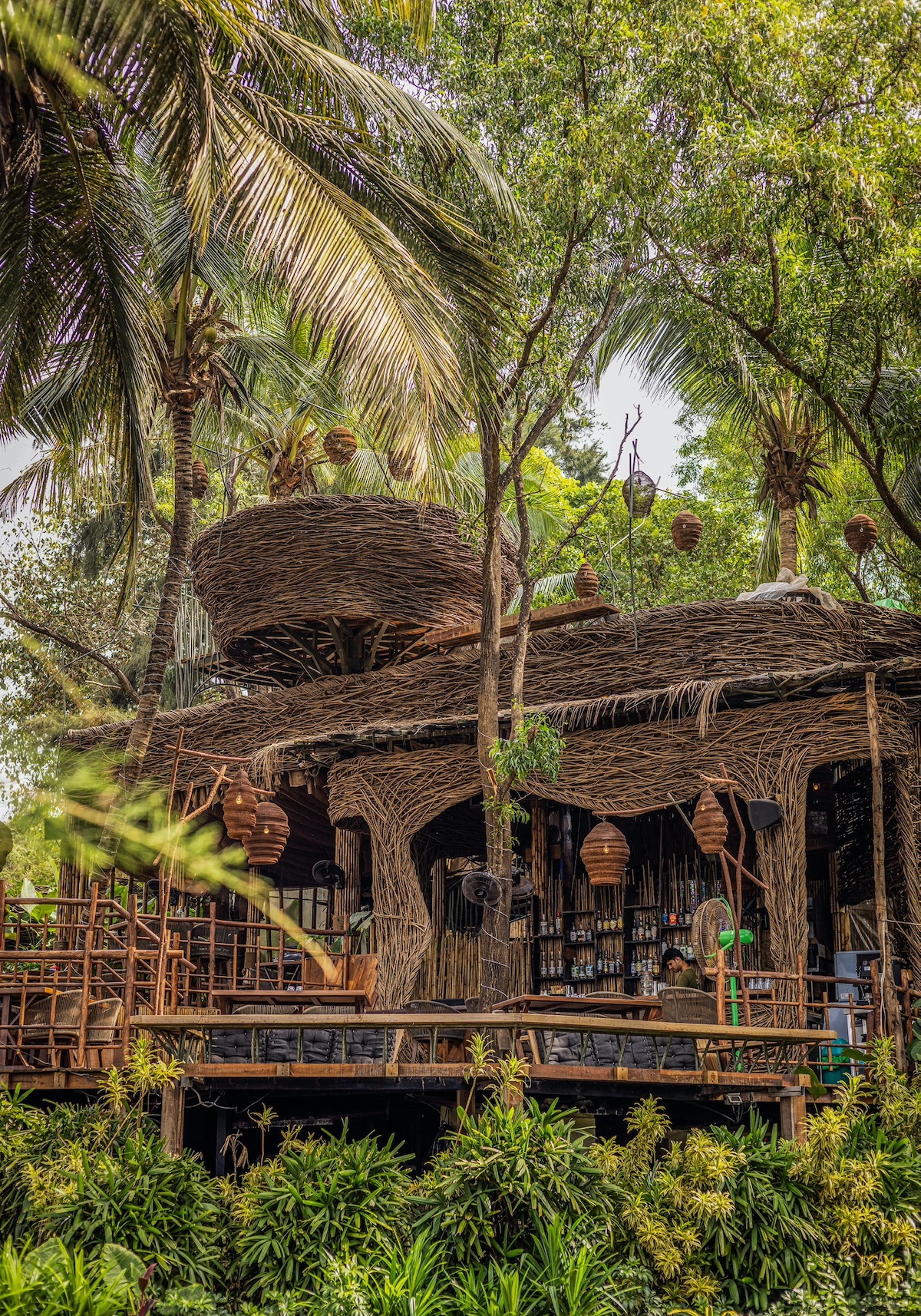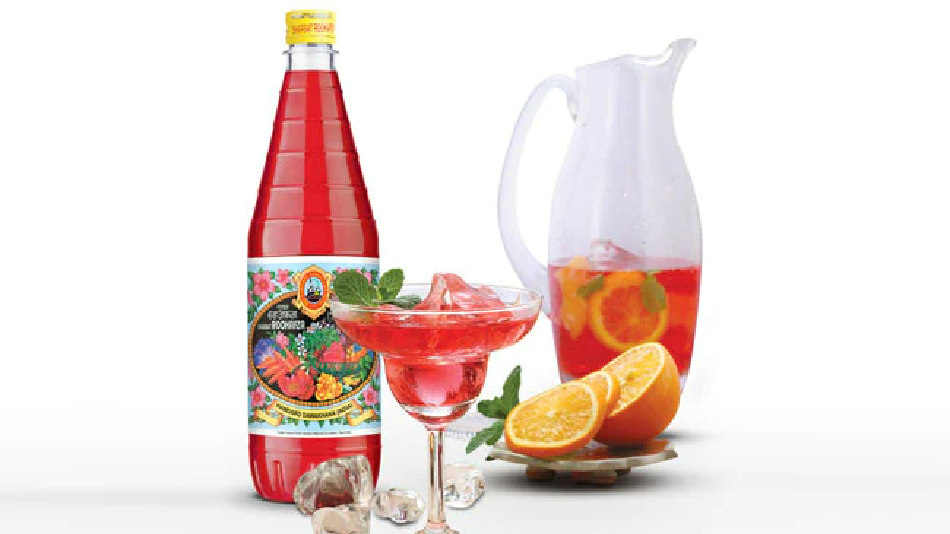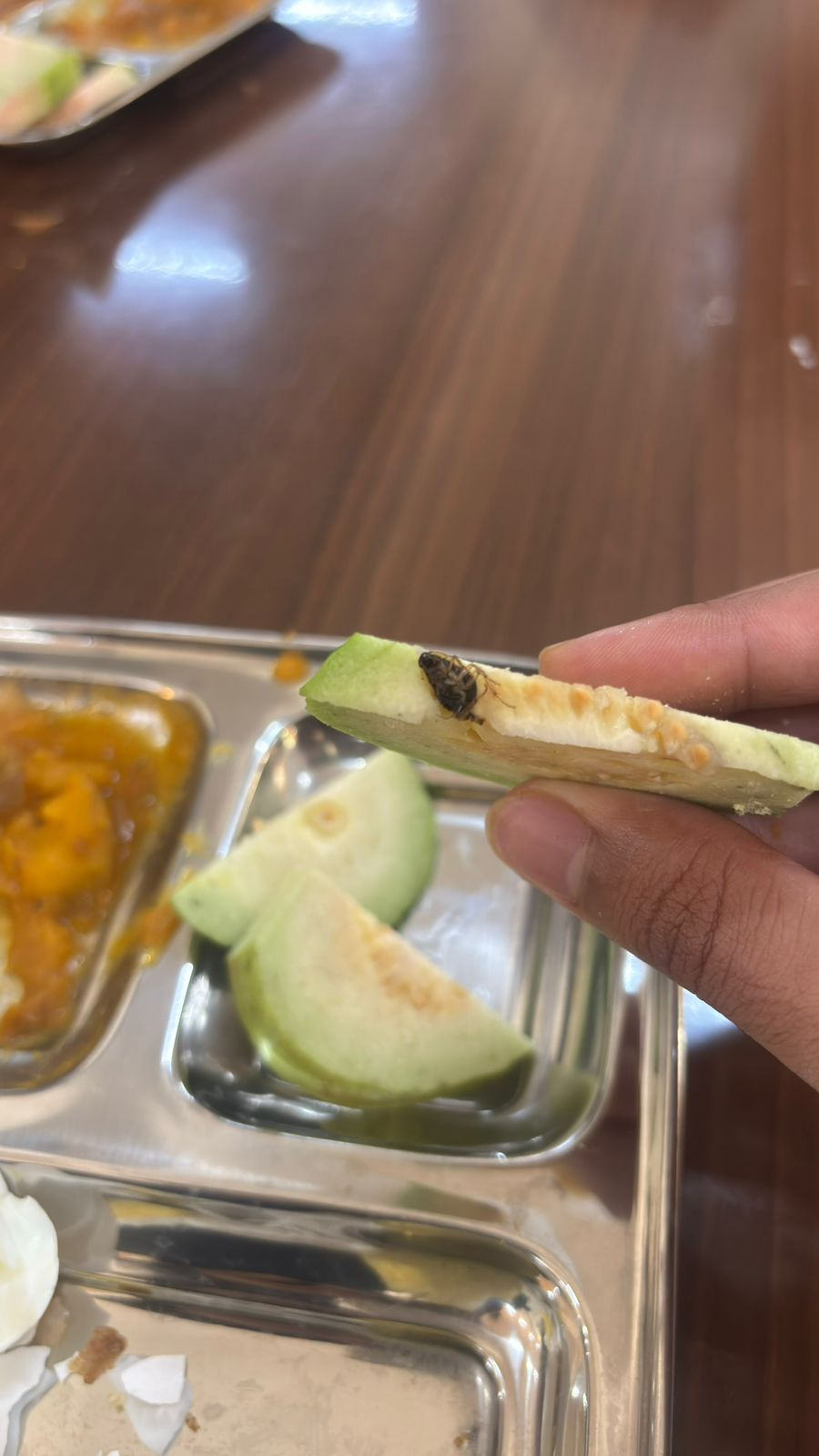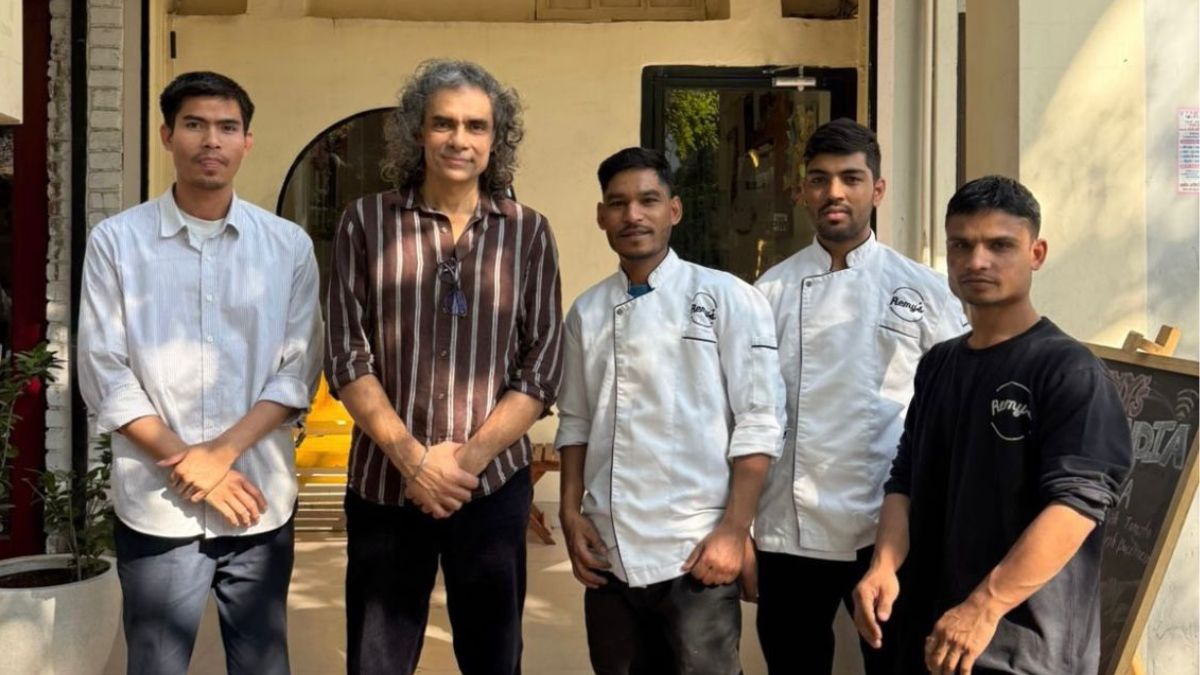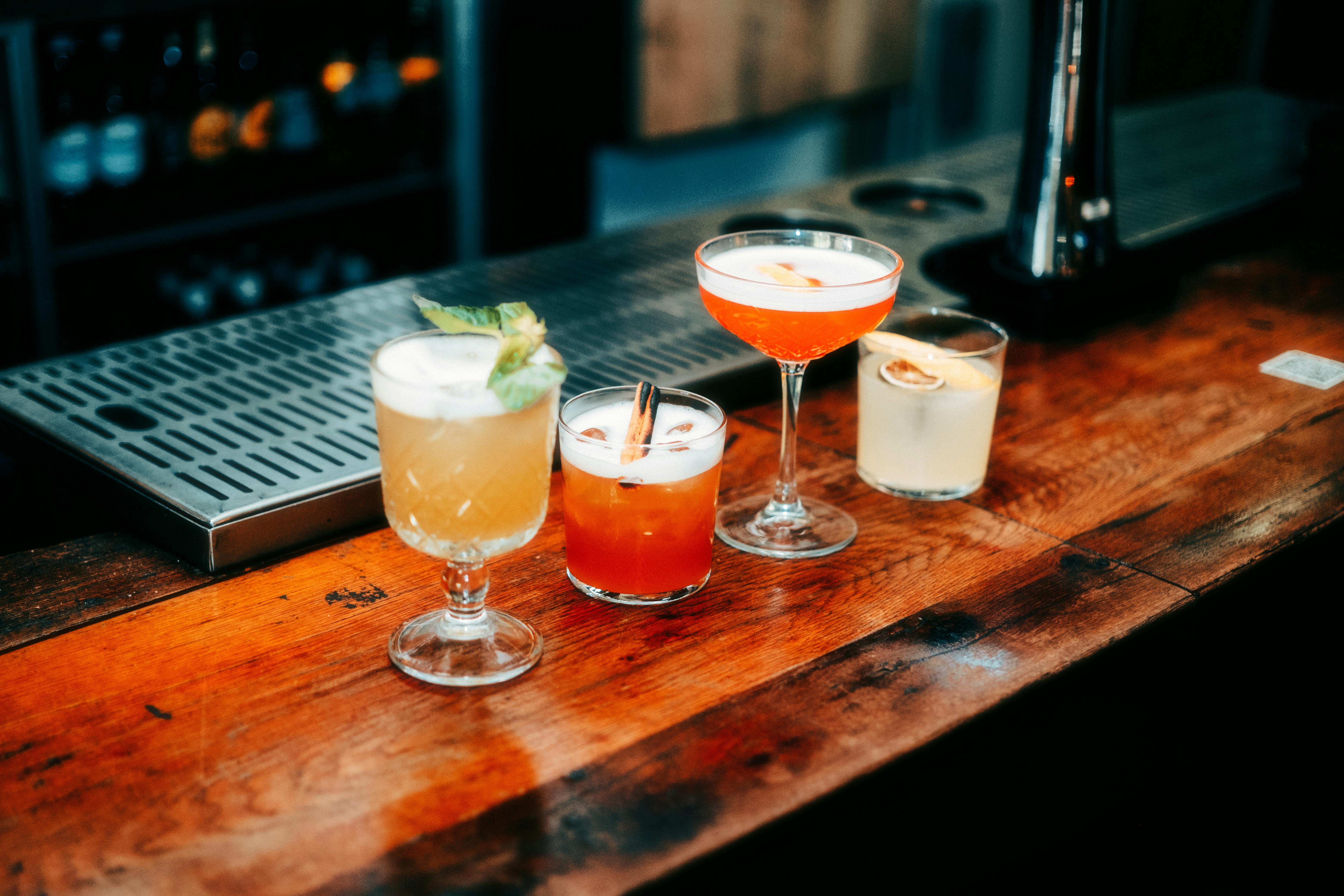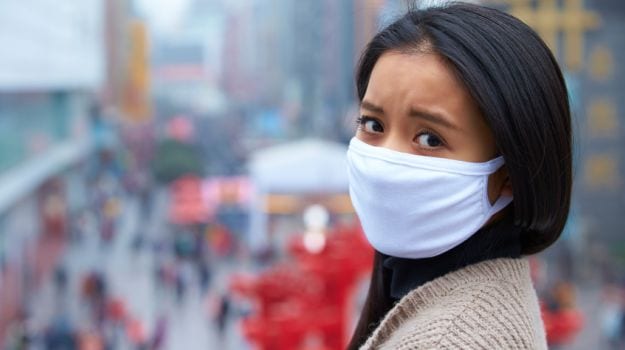Image credit: IstockHas clean air become such a luxury in China that restaurants can charge patrons for it?That question was on many minds on Tuesday after Xinhua, the state news agency, reported that a restaurant in the eastern province of Jiangsu was doing just that. The restaurant, in the city of Zhangjiagang, near Shanghai, was adding 1 renminbi, or about 15 cents, per customer as a “clean air fee.”
The debate on social media has been divided between those who contend that clean air is a basic right, not a commodity, and those who counter that the restaurant has incurred costs to install purifiers to clean the air and is thus entitled to charge for that service.Xinhua quoted an unnamed official in Zhangjiagang as saying that air was a natural resource essential for humanity’s continued existence and that the restaurant had a duty to provide a clean environment, including air. The restaurant had been given seven days to retract the fee, Xinhua reported.A post on a website run by the Zhangjiagang government said such fees were unreasonable. But it also demanded an alternative approach. “It is those who pollute the air who should be made to pay,” the post read.A commentary in The Beijing Times on Tuesday argued that the restaurant’s clean air fee should serve as a reminder to people in China that “if we fail to deal with air pollution, sooner or later we will pay the price.”Some online commenters said the restaurant was just looking for new ways to increase its revenue. “This is simply cashing in over a national crisis,” one wrote on Weibo, adding that the restaurant “should be severely punished.”Others defended the restaurant. “Breathing clean air during a meal for just 1 renminbi, that’s a good deal!” one user wrote.Xinhua did not name the restaurant, but a bill from an establishment in Zhangjiagang that included a “clean air charge” of 1 renminbi per person has circulated on social media. The restaurant, Jing Yue Hui, is in a shopping center, offers Cantonese dim sum and has favorable online ratings.A person who answered the telephone at Jing Yue Hui confirmed that it had been charging for clean air but that it had stopped doing so. She said it had nine air purifiers but declined to answer further questions.Air quality monitors in Zhangjiagang on Tuesday gave readings for PM 2.5, the fine particulate matter considered most dangerous to human health, of 265 to 268 a cubic meter. This is more than 10 times the healthy maximum of 25 set by the World Health Organization.© 2015 New York Times News Service
The debate on social media has been divided between those who contend that clean air is a basic right, not a commodity, and those who counter that the restaurant has incurred costs to install purifiers to clean the air and is thus entitled to charge for that service.Xinhua quoted an unnamed official in Zhangjiagang as saying that air was a natural resource essential for humanity’s continued existence and that the restaurant had a duty to provide a clean environment, including air. The restaurant had been given seven days to retract the fee, Xinhua reported.A post on a website run by the Zhangjiagang government said such fees were unreasonable. But it also demanded an alternative approach. “It is those who pollute the air who should be made to pay,” the post read.A commentary in The Beijing Times on Tuesday argued that the restaurant’s clean air fee should serve as a reminder to people in China that “if we fail to deal with air pollution, sooner or later we will pay the price.”Some online commenters said the restaurant was just looking for new ways to increase its revenue. “This is simply cashing in over a national crisis,” one wrote on Weibo, adding that the restaurant “should be severely punished.”Others defended the restaurant. “Breathing clean air during a meal for just 1 renminbi, that’s a good deal!” one user wrote.Xinhua did not name the restaurant, but a bill from an establishment in Zhangjiagang that included a “clean air charge” of 1 renminbi per person has circulated on social media. The restaurant, Jing Yue Hui, is in a shopping center, offers Cantonese dim sum and has favorable online ratings.A person who answered the telephone at Jing Yue Hui confirmed that it had been charging for clean air but that it had stopped doing so. She said it had nine air purifiers but declined to answer further questions.Air quality monitors in Zhangjiagang on Tuesday gave readings for PM 2.5, the fine particulate matter considered most dangerous to human health, of 265 to 268 a cubic meter. This is more than 10 times the healthy maximum of 25 set by the World Health Organization.© 2015 New York Times News Service
Advertisement
